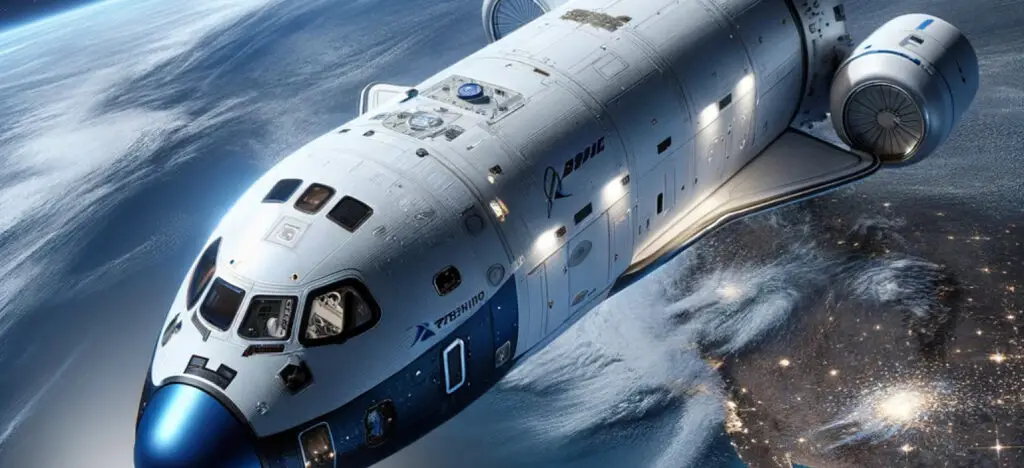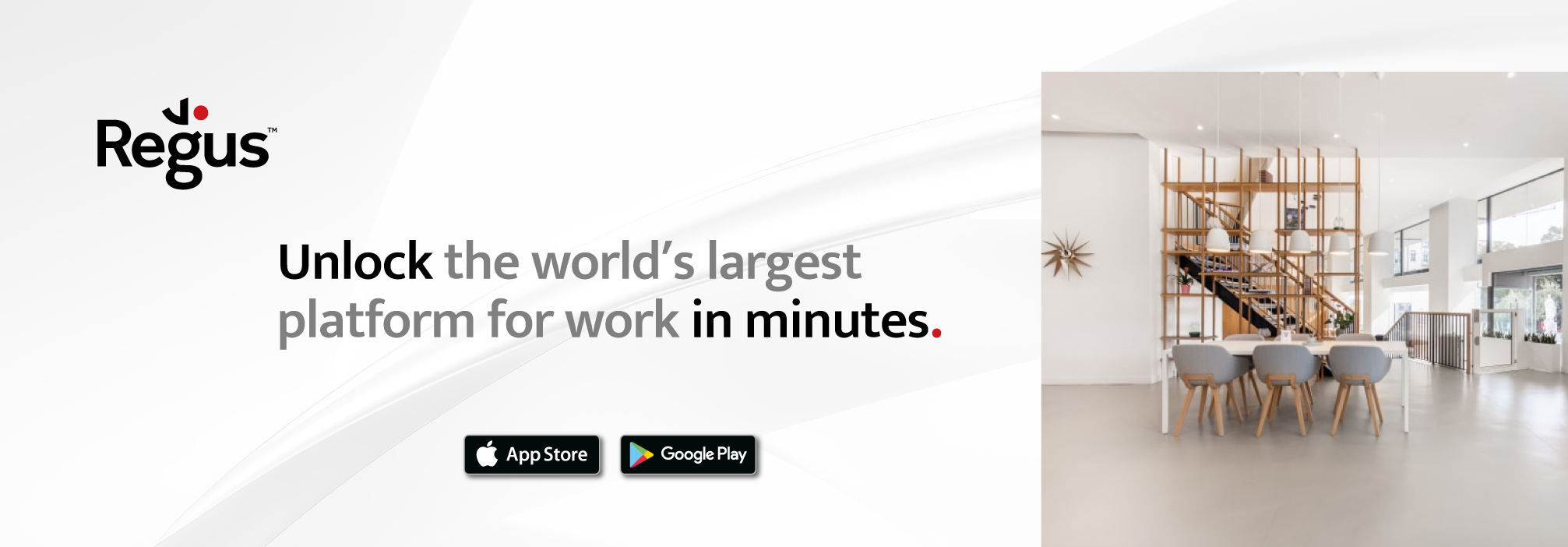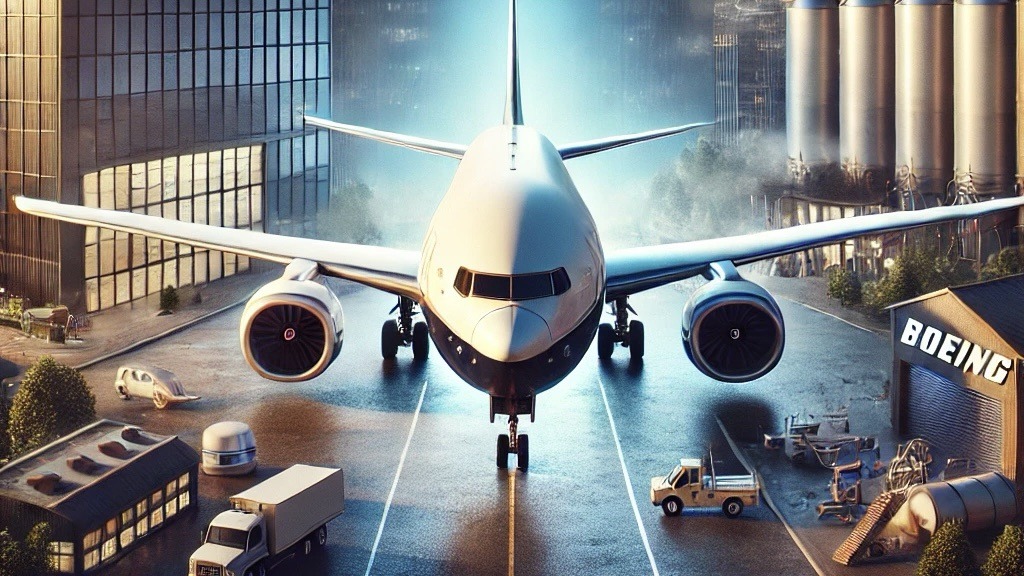First manned test flight of Boeing's Starliner capsule postponed at the last minute

The countdown to the launch of Boeing's new Starliner space capsule on its maiden manned test flight was halted Saturday for the second time in weeks due to an unspecified technical problem, postponing the mission for at least 24 more hours.
The maiden voyage of the CST-200 Starliner, which will carry two astronauts to the International Space Station (ISS), has been highly anticipated and has suffered numerous delays as Boeing struggles to gain a greater share of the lucrative NASA business, currently dominated by Elon Musk's SpaceX.
The candy-shaped Starliner capsule was ready for liftoff from NASA's Kennedy Space Center in Florida atop an Atlas V rocket provided by United Launch Alliance, a joint venture of Boeing and Lockheed Martin. However, less than four minutes before liftoff, a ground system computer activated an automatic abort command that paused the countdown clock, according to mission officials.
It was not immediately clear why the abort command was activated or how long it would take to resolve the underlying problem. But the next available launch window for the mission is Sunday around noon, followed by two more opportunities on Wednesday and Thursday.
Boeing's first attempt to send an unmanned Starliner to the space station in 2019 failed due to software and engineering glitches. A second attempt in 2022 was successful, paving the way for efforts to get the first manned test mission off the ground.
The May 6 countdown was stopped just two hours before launch time due to a faulty pressure valve on the Atlas upper stage.
The two crew members, NASA astronauts Barry "Butch" Wilmore, 61, and Sunita "Suni" Williams, 58, had been restrained in their seats aboard the spacecraft for a couple of hours before launch activities were suspended Saturday. Technicians helped the astronauts safely exit the capsule about an hour after the flight was canceled.
It is not uncommon in the space industry for countdowns to be stopped at the last minute and for launches to be postponed for days or weeks, even when seemingly minor glitches or unusual sensor readings are detected, especially on new spacecraft carrying humans for the first time.
While Boeing has faced difficulties, SpaceX has become a reliable cab to orbit for NASA, which is supporting a new generation of privately built spacecraft that can carry astronauts to the ISS and, in the future, under its ambitious Artemis program, to the moon and eventually Mars.
Starliner would compete directly with SpaceX's Crew Dragon capsule, which since 2020 has been NASA's only vehicle to send crew to the ISS from U.S. soil. The flight would mark the first manned trip to space using an Atlas rocket since the historic Atlas family of launch vehicles sent astronauts, including John Glenn, on orbital flights for NASA's Mercury program in the 1960s.
Collaboration: Grupo Auge | Reuters (International).





